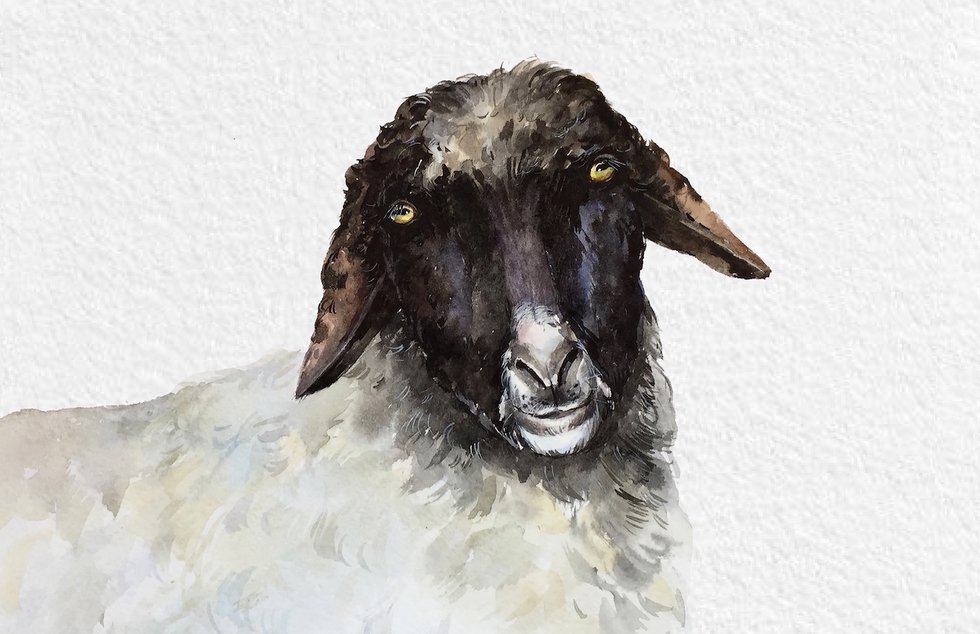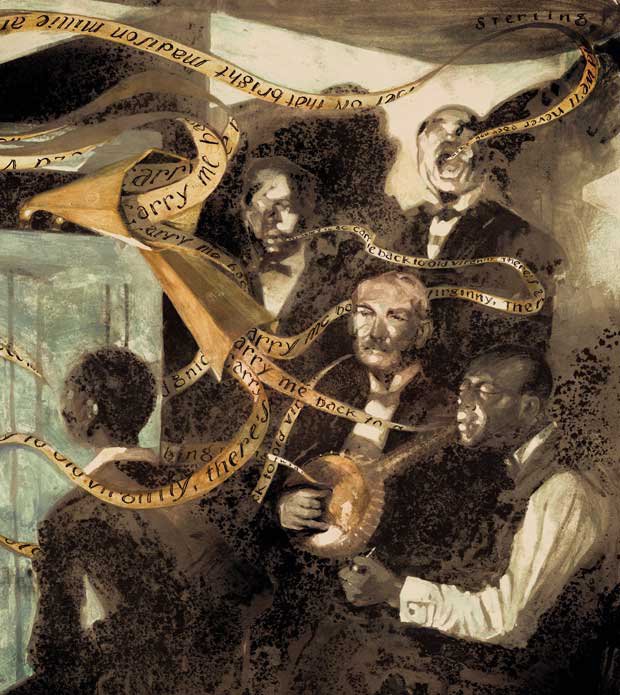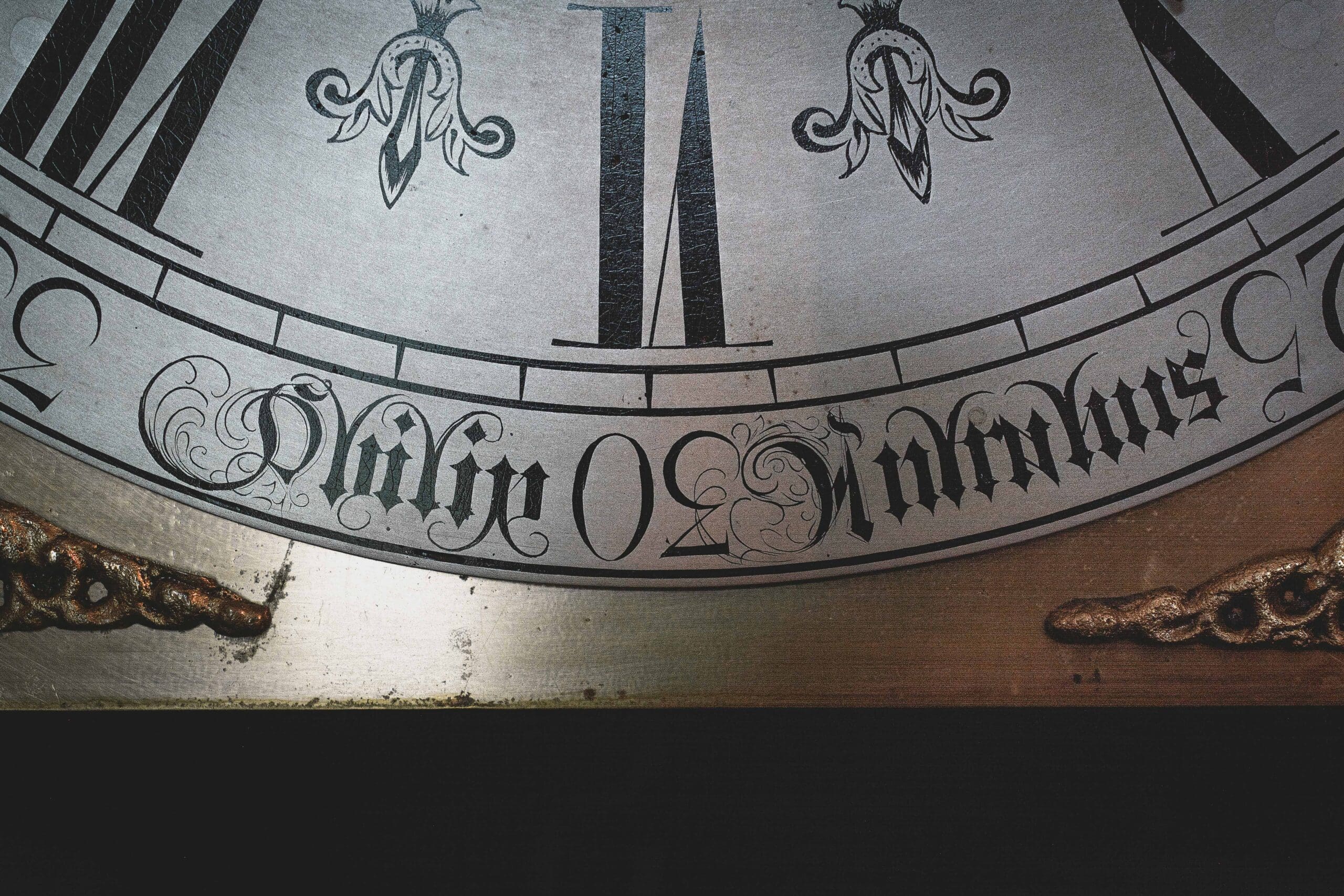Carole George’s journey of self-discovery as the shepherdess on a Virginia farm.

The Lambs: My Father, a Farm, and the Gift of a Flock of Sheep by Carole George. St. Martin’s Press, $26.99.
As the founder of an international law firm based in Washington, D.C., with a client list spread throughout Japan and Europe, Carole George spent much of her time in Tokyo, Paris, and other noted world cities. Ordinarily, she did nothing on a whim, so it was a surprise—even to herself—when she read an ad in the Washington Post for a 27-acre farm near Orange with the peculiar note that a “grand piano conveys with the property.” A lifelong pianist and lover of classical music, George felt as if the ad had been written just for her. She purchased the farm as a weekend retreat.
When her 85-year-old father visited two months later, they sat on a bench beside a pond and a wide pasture, and her father said the words that would change her life. “This is ‘poetry country,’” he said. “This ground calls for sheep.”
And so the international lawyer used to Chanel suits and transcontinental flights visited a local breeder and purchased 13 lambs. The lambs were fur-bearing Karakuls, descended from Persia and famed for their colorful coats. Not that their storied lineage mattered a whit to George. What sold her was the way they captured her heart.
As she writes in her touching memoir The Lambs: My Father, a Farm, and the Gift of a Flock of Sheep, “I rush up to an infant lamb who stands between her mother’s outstretched legs. There is no way to resist her, off-white like her mother, with tangerine curls parting across her nose. Loose white curls cover her little body. She has white eyelashes over downcast eyes. Her ears are long and narrow. She seems shy, but her mouth curves up in a girlish smile. She can’t weigh more than eight or nine pounds. I bend to lift her onto my left shoulder, as I have often carried around a cat. I would be wary of a kitten’s sharp claws, but here I have no concern in the world. This is the first member of my flock. I name her Debussy.”
Although the lambs provide several comic mishaps—eating pages from a book George is reading, rooting beneath chairs and knocking guests out of them, plopping onto the ground and refusing to budge—this is not your typical fish-out-of-water memoir. The Lambs doesn’t merely romp about in the peculiarity of a citified person adjusting to country life and the care of animals; it lingers in the soul-searching reflection that George gains ambling at the slow pace of her sheep in the quietude of rural splendor. Says George, “There is a richness in quieting oneself and attuning to the environment, in viewing nature in a divine sense.”
As she came to embrace her role as shepherdess, George gradually shut down the firm she spent so long building. Her mornings on the farm began when she let the sheep out of the barn and walked the farm’s perimeter with them, always in the same clockwise direction. “Sheep are very liturgical,” George says, “probably like human beings. They want order; they want predictability. They wanted to go to the right. So we went to the right. … And this could take two or three hours, starting at the front and walking along this stream, around this central mound where the ground rises. And when you go onto the upper level, you have spiraled around the property, and you can look back on the pond in the front pasture and see where you started.”
George learned that each of the lambs had different personalities, from Ginastera, the playful bounder and flock leader, to Chopin, the nursemaid to the smaller ewes. George had never had children, so the lambs were, in essence, her family. She fed them, she cared for them, and, when the time came, she buried them in a grove of tulip poplars. Over the next decade, she experienced a sense of wonderment she hadn’t known was even possible. She felt as if her eyes were fully open for the first time, that all of her senses were attuned to land, and that whatever time she possessed was precious and should be spent judiciously. As she writes, “To move at the pace of the lambs or to sit while they graze allows me to see the details on the ground. This morning, for example, I watch a ladybug climb a leaf of grass. These are the luxuries that cannot be bought.”
And this is the greatest lesson that comes from The Lambs. The book serves as a treatise for unplugging from the constant, mind-numbing bombardment of digital minutiae and communing with nature. Few of us have the wherewithal to leave our jobs and take up shepherding. But all of us can slow down and admire whatever luxuries lie on our individual paths. And if none can be found, perhaps it’s time to walk somewhere else.
This article originally appeared in our June 2019 issue.









